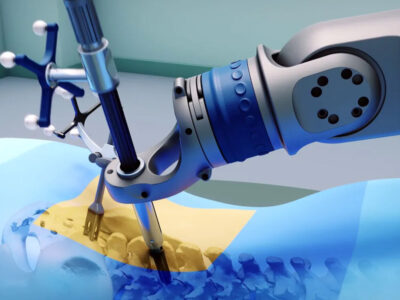Rehabilitation detox is a critical first step in addiction recovery, but it can also pose significant risks and challenges for individuals undergoing the process.
Here are some of this blog key risks and challenges of rehabilitation detox:
Physical Health Risks:
The physical withdrawal symptoms associated with rehabilitation detox can be severe and potentially life-threatening in some cases. Medical supervision is necessary to manage the physical health risks associated with rehabilitation detox, particularly in cases of severe or long-term addiction.
Psychological Health Risks:
The emotional and psychological symptoms associated with rehabilitation detox can be challenging to manage and can include anxiety, depression, and mood swings. Mental health support is essential during rehabilitation detox to manage these symptoms and prevent relapse.
Relapse:
Relapse is a significant risk during rehabilitation detox, particularly in cases of severe addiction or long-term substance use. Relapse prevention planning and ongoing support are critical to reducing the risk of relapse during and after rehabilitation detox.
Lack of Motivation:
Some individuals undergoing rehabilitation detox may struggle with a lack of motivation or ambivalence about the recovery process, which can make it challenging to maintain sobriety.
Social Challenges:
Social challenges, such as a lack of support from family and friends or difficulty adjusting to sober living, can make rehabilitation detox more challenging.
Stigma and Shame:
The stigma associated with addiction and the shame often felt by individuals struggling with addiction can make rehabilitation detox more challenging and discourage individuals from seeking help.
Access to Resources:
Access to resources, such as medical care, therapy, and support groups, can be limited for some individuals undergoing rehabilitation detox, particularly those with limited financial resources or living in rural areas.
Effective management of these risks and challenges requires a comprehensive approach to rehabilitation detox that addresses both the physical and psychological aspects of addiction recovery. This may involve a combination of medical care, therapy, counseling, support groups, and ongoing aftercare planning to promote long-term recovery.
In conclusion, rehabilitation detox can pose significant risks and challenges for individuals struggling with addiction. However, with appropriate support and resources, it is possible to manage these challenges and achieve long-term recovery.














Comments